SUMMARY
This is AI generated summarization, which may have errors. For context, always refer to the full article.
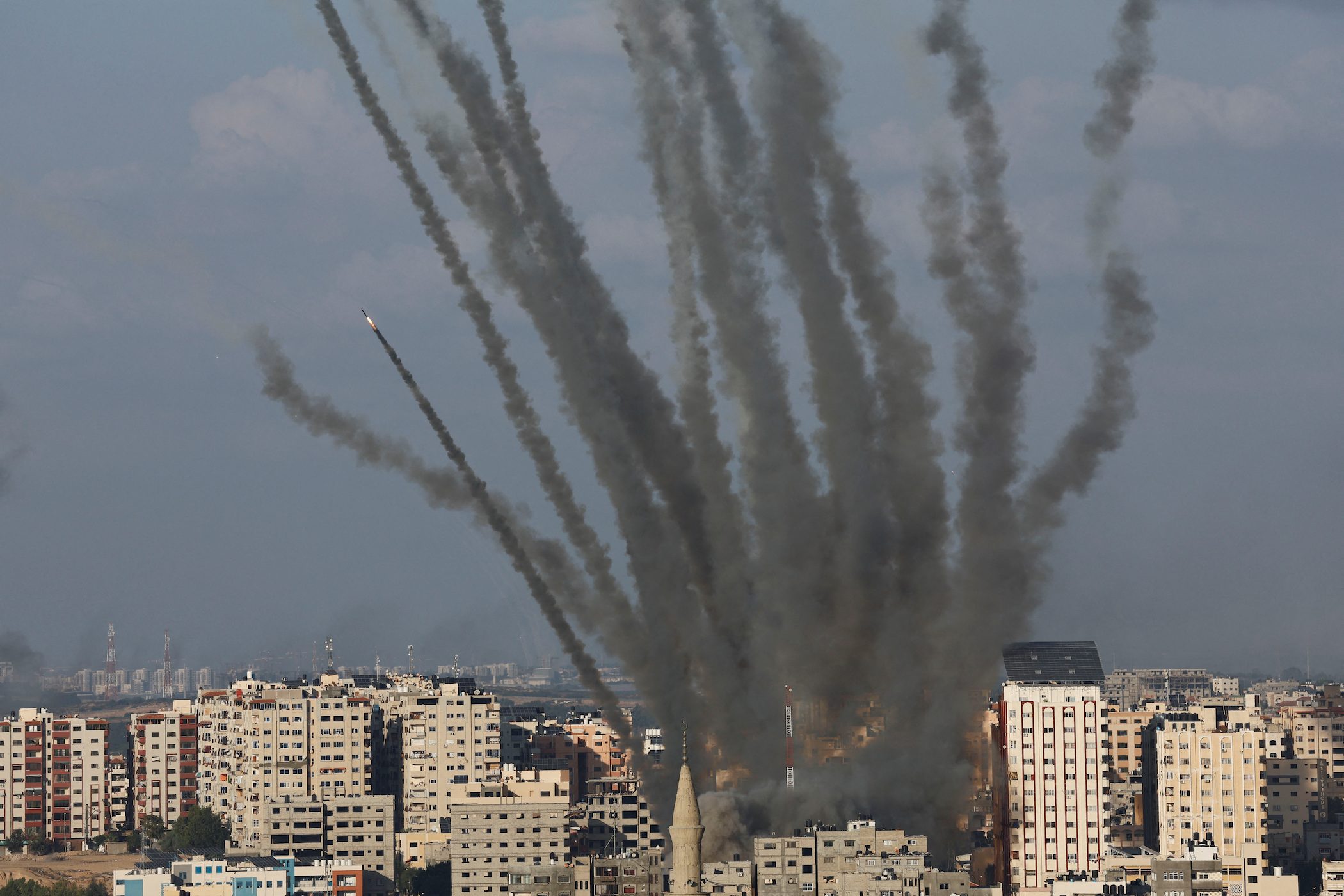
MARRAKECH, Morocco – World Bank President Ajay Banga said on Tuesday, October 10, that the Israel-Gaza conflict is an unnecessary global economic shock that will make it harder for central banks to achieve soft landings in many economies if it spreads.
“It’s a humanitarian tragedy and it’s an economic shock we don’t need,” Banga told Reuters on the sidelines of the World Bank-International Monetary Fund annual meetings in Morocco.
Central banks were “beginning to feel a little more confident that there was an opportunity for a soft landing, and this just makes it harder,” Banga said.
Banga said there was less immediate economic impact than at the start of Russia’s invasion of Ukraine last year because the Israel-Gaza conflict does not impact exports of oil, grains, and fertilizers.
But it does transmit through financial markets, with dollar assets suddenly rising, he said. Inflation has come down in recent months, prices and wages were stabilizing, and markets had become used to the idea that rates would stay higher for longer, Banga said, adding that another prolonged conflict could upset those dynamics.
“It’s the side effects of all that. That’s not a good feeling,” Banga said.
The World Bank has temporarily closed its operations in the Gaza Strip, evacuating a number of employees because it has become a “war zone,” but its operations in the West Bank Palestinian Territories remained open, Banga said.
The European Union initially “made a mistake” in announcing a cut-off of all aid to the Palestinian Territories in response to the Hamas attack on Israel, which was later reversed, he said, adding that he will leave others to sort out the politics of the conflict.
“I’m in the development business. And in the development business they feel, at the end of the day, when all this is done, places need to be helped,” he said. “And we will try our best to help.” – Rappler.com
Add a comment
How does this make you feel?



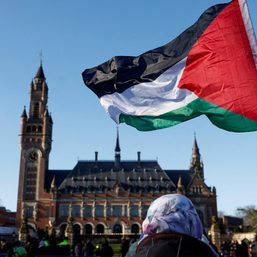





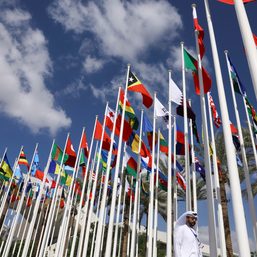
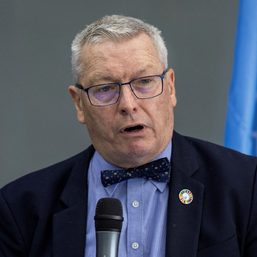
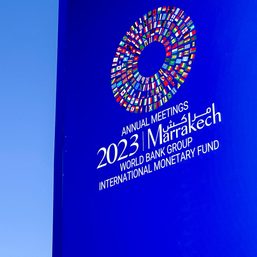

There are no comments yet. Add your comment to start the conversation.